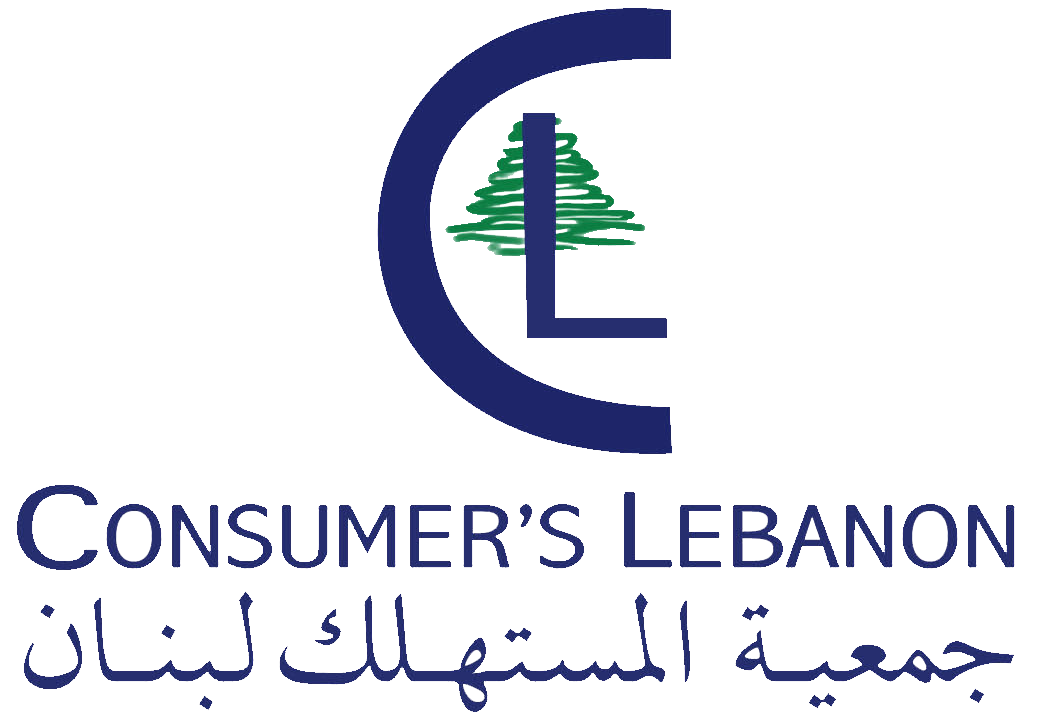Beirut 26/11/2019
Where is the economy?
Events accelerated from the moment of no return that the Lebanese economy reached. The authority has drained treasury funds, debts, and interest for 8 years from its date (the date the deposit imbalance began). A few billion remain steadfast in the Banque du Liban, between 5-10 billion out of deposits (110 billion deposits in the bank out of 170 billion total deposits). People taking to the streets stopped the drought of pot heels.
Since 2016, the Central Bank began its financial engineering to support banks that began to complain about debt risks. The banks obtained 8 billion dollars in exchange for continuing to play the game: securing new debts for fragile and fake projects that secure continuous incomes for those in power, their families, and businessmen who revolve in the orbit of power.
Accredited international institutions have warned of the dangers of these debts and these free engineering. The authority and its central bank were faced with two options, either to stop the game and go to serious measures that take into account the risks, or to continue the game and engineering. In 2016, it was possible to take measures to change the fundamentals of the game, including changing the pillars of the rentier economy and moving to a new diversified economy whose basis is production, accompanied by fair tax measures (tax evasion, public property, customs, etc.) and investment in industry, agriculture and promising areas of modern technology.
However, the political authority chose, through the Central Bank, to continue the engineering and go towards buying time through new taxes on the exhausted people. And it began preparing to lower the price of the lira to bypass the results of the ranks, salaries, and new employments that it had to do in order to expand its electoral base.
On September 30, 2019, the bank’s governor rang the starting bell for the retreat from fixing the price of the dollar on the lira by subsidizing the exchange rate for the import of flour, medicine and fuel only.
The scenario of the Central Bank’s retreat, which played the role of pimping the political class, leaving the facade to banks and merchants, was expected. Today, the authority and its bank have disappeared behind them. The bank does not want to announce control over deposits, but banks can do so. The bank does not want to set the exchange rate for the dollar so that it will not be said about us that we are no longer committed to the free economy, but a few large importing merchants can set this price. This is not a policy of denial, but a clear planning of old economic choices that have been going on for 30 years.
What is required? Change economic policies with the first new government. Immediate investment of hundreds of millions of dollars in infrastructure for agriculture, industry and modern technology companies. Pollution irrigation water, cooperatives, popular markets in cities and villages, farmers-consumers, industrial areas, technological areas...
The financial crisis of public debt and the exchange rate of the dollar.
In direct: starting with the judiciary and public financial prosecution
Immediate meeting of the Financial Emergency Committee: Ministers of Economy, Finance and the Bank of Lebanon, and making announced and transparent decisions, the first of which is the control of bank deposits according to a mechanism that applies to everyone, especially basic capital. 1% of people have 50% of deposits.
Withdrawing the dollar from circulation from the internal markets by pricing everything in pounds according to the laws.

no comment